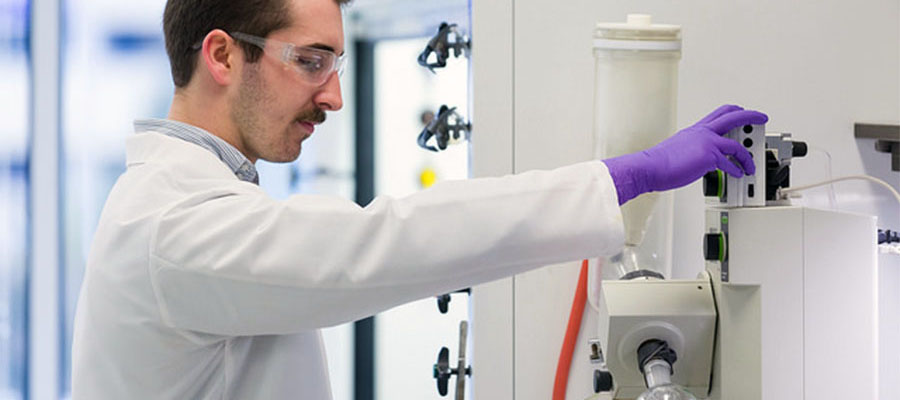
Many people think of chemistry as something that exists only in textbooks and academics, with very little practical use in its application. However, even the most mundane aspects of your everyday life have actually been directly influenced by chemical study. A large part of our economic growth is due to the chemical sector backed by chemistry research. The fact is, as a society, we have already tackled various problems using chemistry throughout history.
For instance, it can help solve future issues with chemistry’s assistance, including the production of sustainable energy and food, environmental management, the provision of potable water, and the promotion of health for humans and the environment. With that in mind, let’s go ahead and take a closer look at four ways chem-tech can help advance scientific research and help society’s betterment.
Single-Cell Metabolomics
Metabolomics is the study of metabolites, and this branch of science has the potential to make significant contributions to the advancement of molecular diagnostics. Advanced analytical techniques are paired with statistical and multivariate procedures in the fast-emerging science of metabolomics to acquire critical data for understanding biological metabolites. But what makes metabolomics great?
For starters, the fact that it can target disease and illness on a cellular level is nothing short of astounding. It is an excellent tool since it can identify the metabolic patterns of individual cells. The ability to identify and treat illness at the cellular level holds the potential to address disorders for which no cure has yet been established. Single-cell metabolomics can assist in a variety of fields, including aging, stem cell treatment, cancer, and cell analysis, to mention just a few.
Metals
Metallurgy has been on the earth’s surface for as long as we can remember, and humanity has used it throughout history. It all started with a new understanding of the properties of metals and how they might be combined to create alloys that are stronger than ever before. In response to this transformation, smelting procedures changed, furnace technology advanced, and forging techniques were developed instead of casting. Indeed, this is how we shifted from one era to the next.
Today, we now have chemical technologies of the smallest size, such as sonochemical technologies and sustainable ammonia production, to name a few examples. Nanorobots are another thing that is going to rise and develop even further in the future. It may seem like a far-fetched notion, but nanorobots will significantly impact the way our civilization uses technology in the future. Flexible electronics are another thing that uses the latest chem-tech to make appliances economically feasible and pleasing.
Dual-Ion Batteries
The world is going digital – or rather, it already has – and the requirement for batteries is significant. If you take a moment to think about it, you’ll start to realize that some batteries power almost everything, from the electric vehicle in your garage to the mobile device in your hand. And what are these batteries made of? Lithium, cobalt, and nickel. The problem with these materials is that they are not only scarce, but they’re also among the most limited, expensive, and hazardous materials available.
Furthermore, they pose the potential to have highly adverse effects on the environment, as well as generate a mountain of electronic waste at the end of their shelf life. Because of this, the dual-ion battery is gaining traction in research circles as a potential replacement for the current lithium batteries. We expect that once it is thoroughly researched and made commercially viable, it will change the world for the better.
Manufacturing
Chemistry has played a significant role in the industrial sector, and it has unequivocally done so for the better. Various parts of our daily lives are directly touched by industrial chemistry, including the foods we eat, the clothes we wear, our modes of transportation, and technological advancements such as medical treatment and electrical generation. In short, the technological advancement of chemistry has allowed us to live a better life.
As chemical innovation moves forward, it will continue to emphasize environmental protection and the adoption of more environmentally friendly manufacturing processes to offset the usage of harmful ones. The application of mixing chemicals simulation in research can give rise to better and more durable solutions leading to better-manufactured products more efficiently, leading to a myriad of benefits for both ourselves and the world around us as a whole.
Dual-ion batteries, macromonomers, and microbiomes are just a few examples of the emerging technologies that have already made significant progress in this field. In addition to improving our quality of life, these improvements will also positively impact the environment. Ultimately, the principles of chemistry have made a significant contribution to the growth of civilization – and we can only speculate as to what the field has in store for us in the future.





